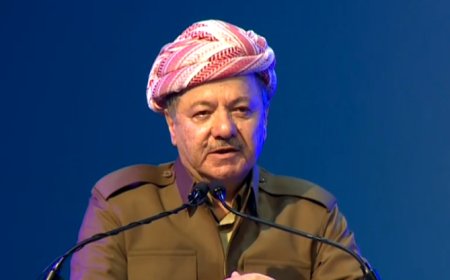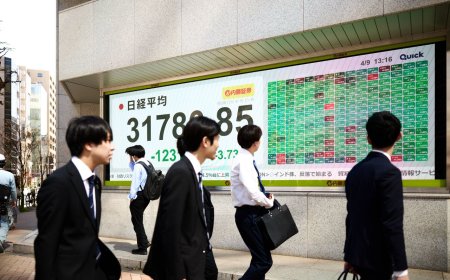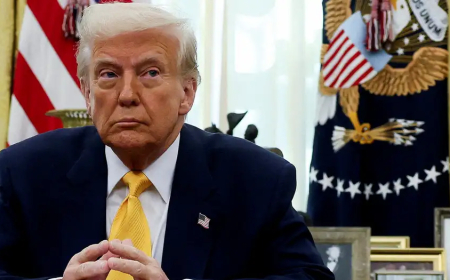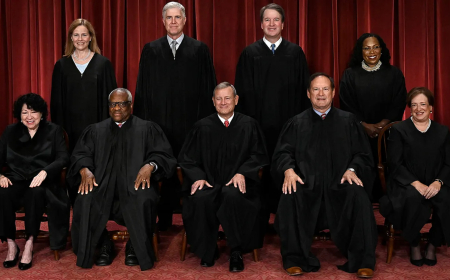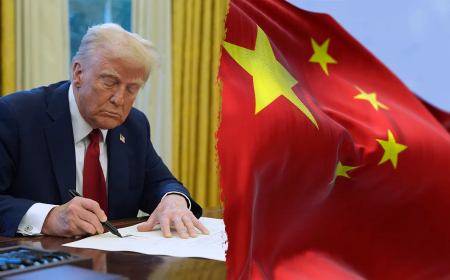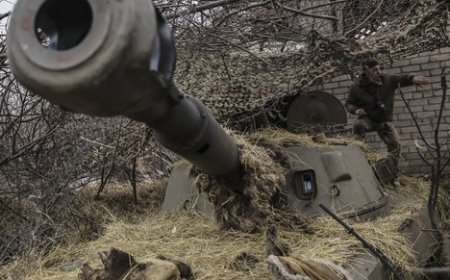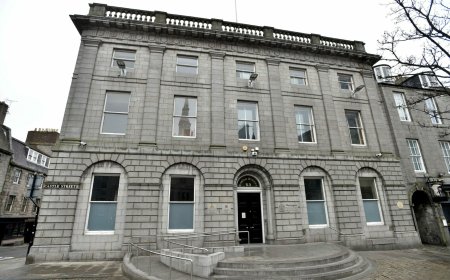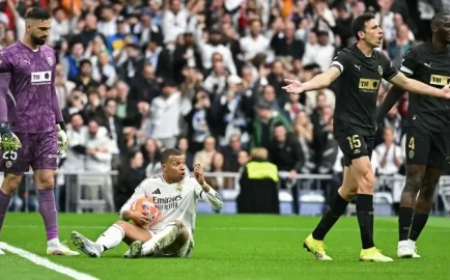Starmer’s dislike of real politics is plain to see. It’s why his government has no direction
JOHN HARRIS In power, Labour’s agenda has been stripped back to an empty obsession with growth and an imitation of Reform UK. The public isn’t falling for it.
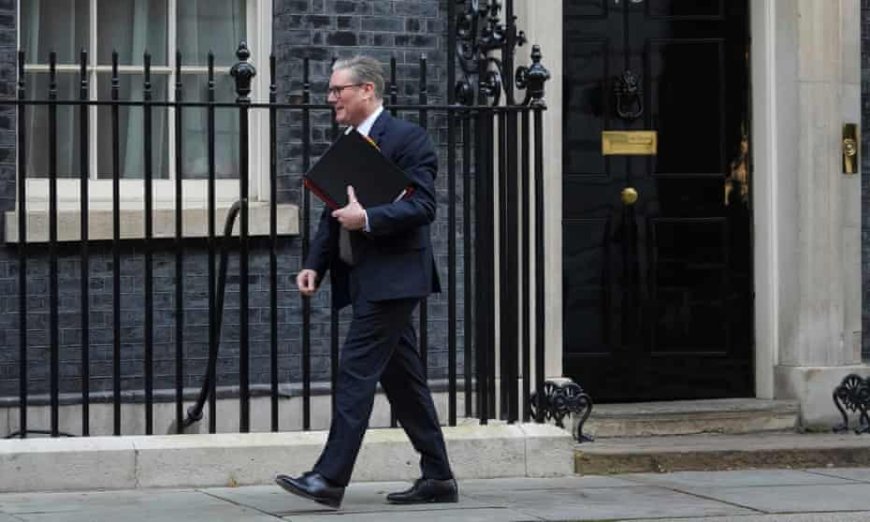
“Keir doesn’t engage in the political process. He got this far by not expressing any political opinions … He’s good with people, but he doesn’t debate big ideas.” After 200 pages of a compelling new book about the Labour party’s return to power, the story falls into a run of these quotations. Get In, by the Westminster journalists Patrick Maguire and Gabriel Pogrund, makes it clear that after he became the Labour leader, Keir Starmer developed an incredible ruthlessness. Casting him as the kind of operator who ought to be renowned for the trail of human wreckage they leave in their wake, the book highlights the “many people whose careers have come to a brutal end at Starmer’s remorseless hand”. His readiness to behave like that, however, does not come from any ideological zeal, but rather its opposite: an absence of convictions and ideals that means he can shape-shift – and dispatch colleagues and allies – with a blithe ease.
In 2021, we are told, the Labour leader was visited at home by one of his predecessors, Ed Miliband, and Tony Blair’s old flatmate, Charlie Falconer, who presented him with a handful of challenges: “Are you left? Are you right? Are you middle? Why should we be in power?” No answers seemed to be forthcoming: the problem, among others, was that Starmer was “a leader who did not much like politics”. This revelation explains the other defining feature of his time at the top: the fact that, as Maguire and Pogrund tell it, Starmer has taken his most basic political orders from a coterie – or “project” – centred on his all-powerful strategist and mentor Morgan McSweeney. In that sense, the directionless mess the government has fallen into has two interlocking causes. Having cunningly manoeuvred Labour to victory, Starmer’s advisers have apparently failed to supply him with a coherent governing script, exposing his lack of politics, and leaving him panicked. Onlookers sense this as a matter of instinct: his approval ratings, for what they are worth, have lately registered numbers even worse than Rishi Sunak’s low point. In focus groups, voters reportedly offer such opinions as “He looks like a rabbit caught in headlights.” Aside from his obvious liking for international diplomacy, his famed ruthlessness seems to sit alongside the kind of discomfort with his job that people always find troubling – witness the way that such ill-at-ease premiers as Gordon Brown and Theresa May never really connected with the public.
There is still – just about – an identifiably social-democratic strand in some of what the government is doing – from Angela Rayner’s mission on new workplace rights, through moves on public transport, to plans for new investment in our hospitals and schools. The problem is that the relevance of this stuff to Starmer and his colleagues’ sense of purpose is falling away. Worse still, the resulting vacuum is now being filled by manic, feckless lurches into places that no centre-left government ought to go. Reboots and relaunches now seem to arrive on an almost weekly basis: the latest is all about being “disruptors”, and delivering shocks and surprises that may not actually be shocking or surprising at all. Last week, Labour launched online adverts seemingly purposely created to look like Reform UK propaganda, complete with such slogans as “Labour hits 5-year high in migrant removals” – the kind of flimsy posturing that surely makes it look like Nigel Farage is dictating the political weather, and encourages even more people to support him. The same applies to an imminent run of grim campaigning videos that will focus on deported immigrants, following them “from detention in early morning raids to transfer from bleak immigration removal centres to waiting planes and … footage aboard flights out of the country”.
